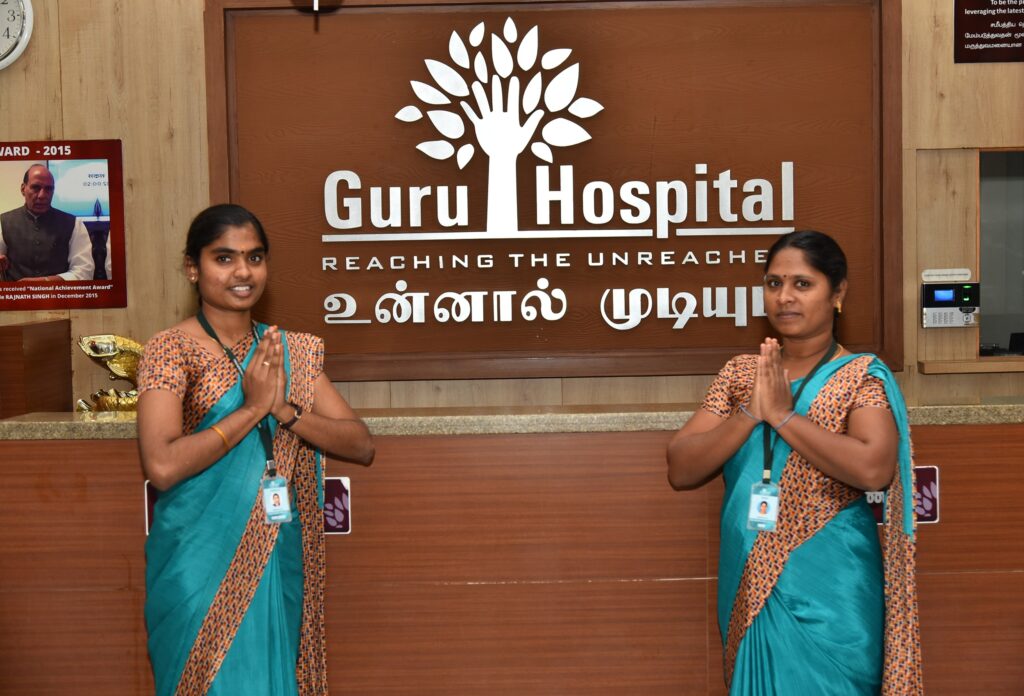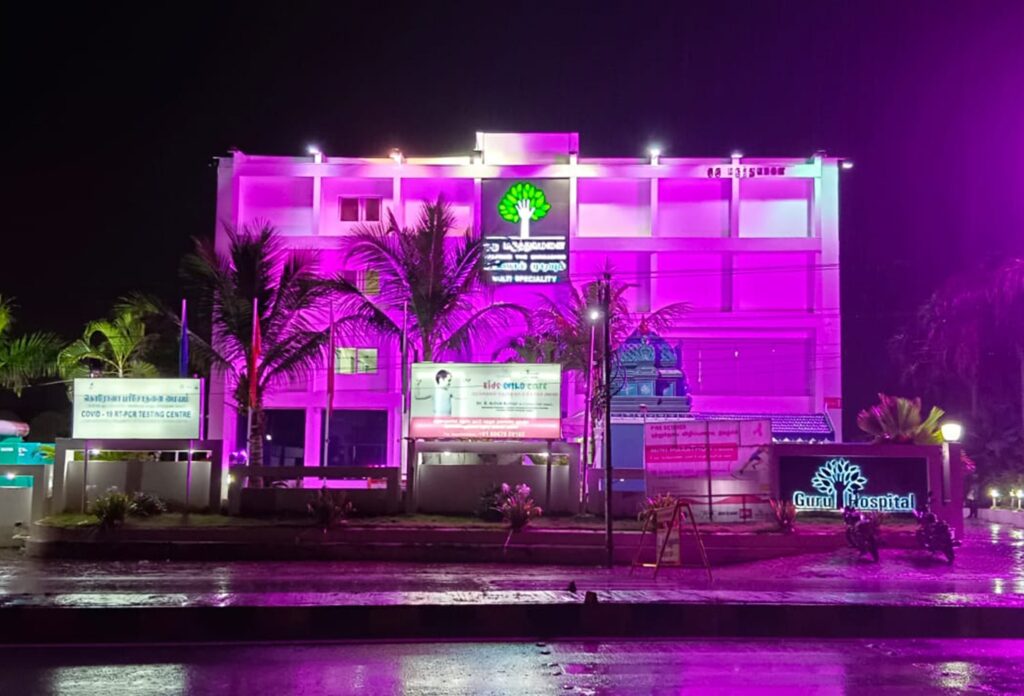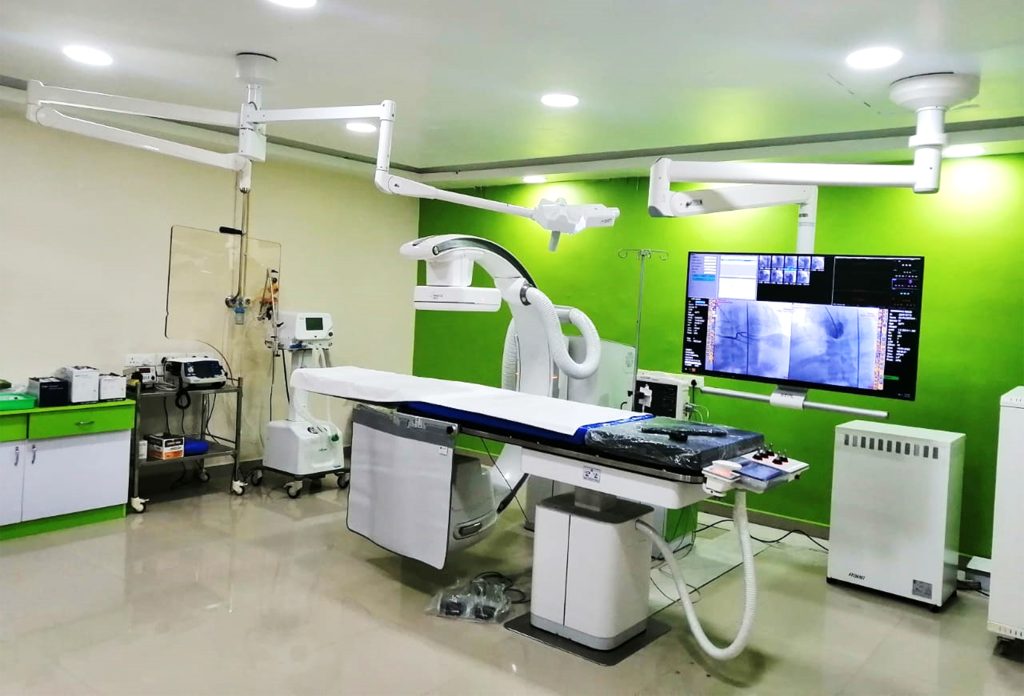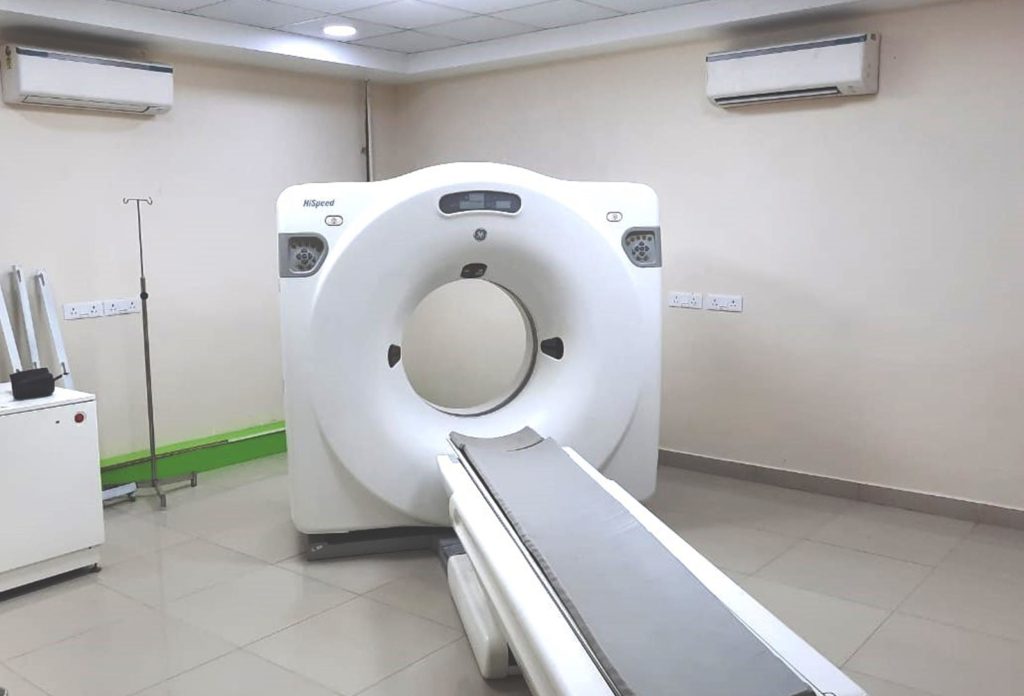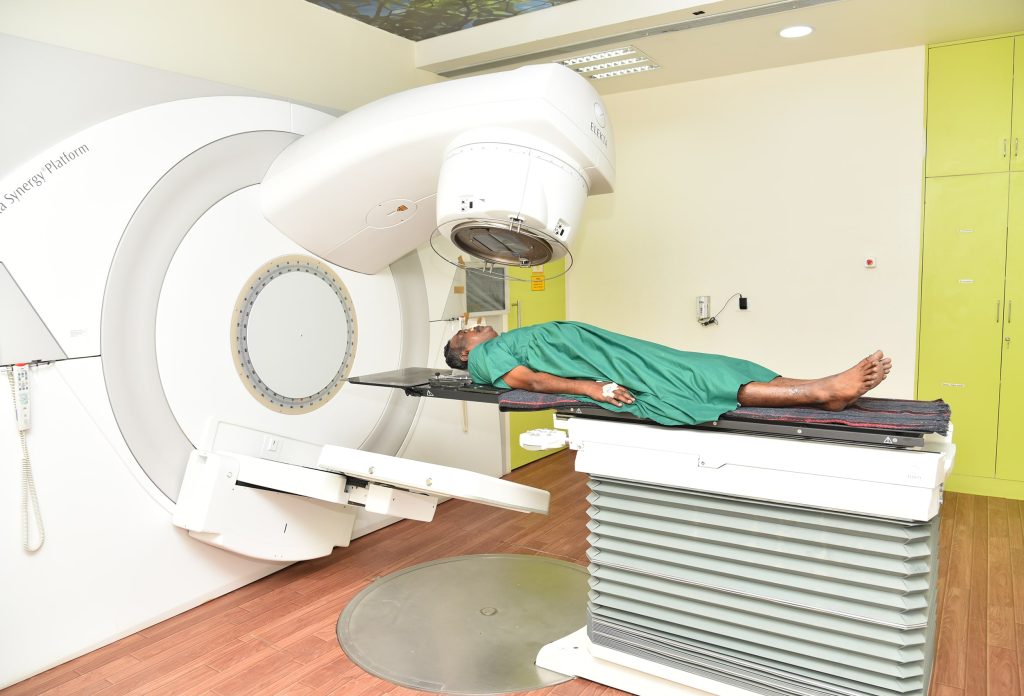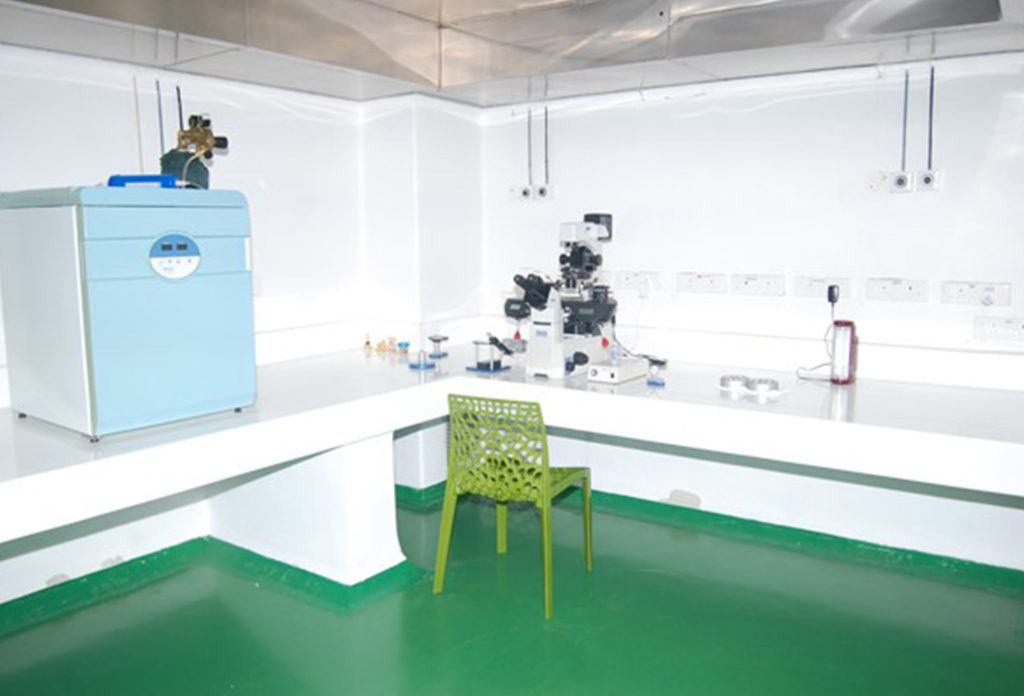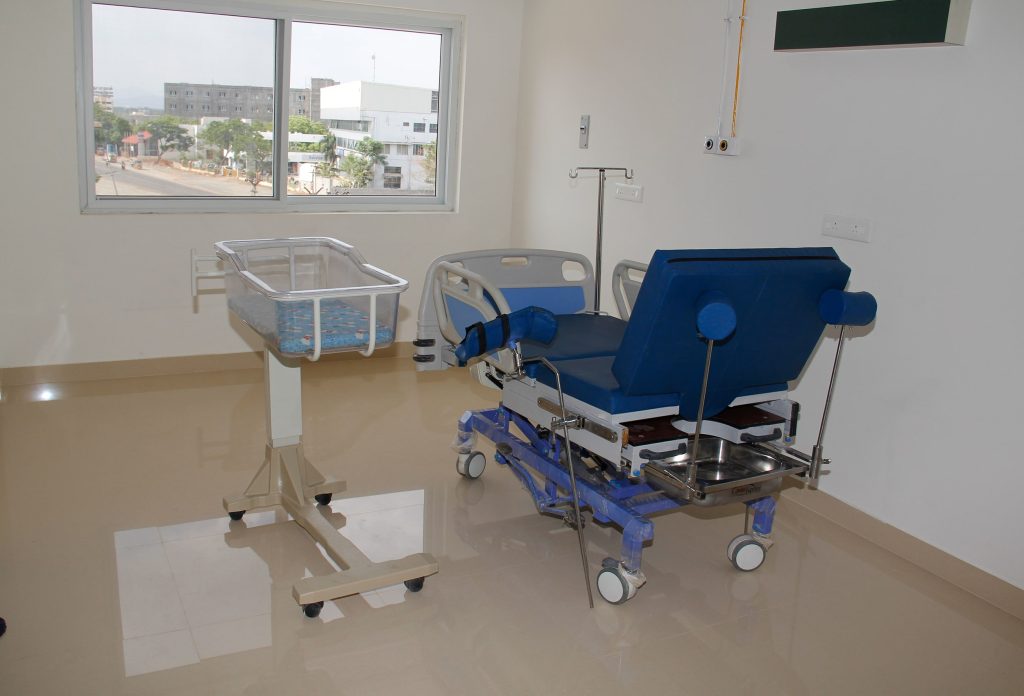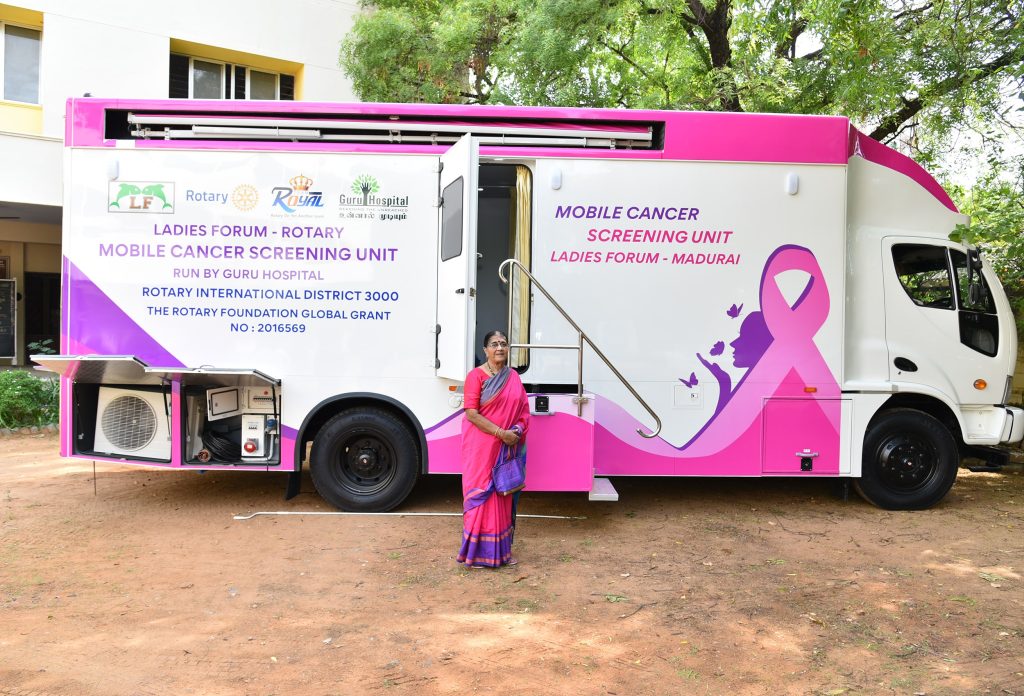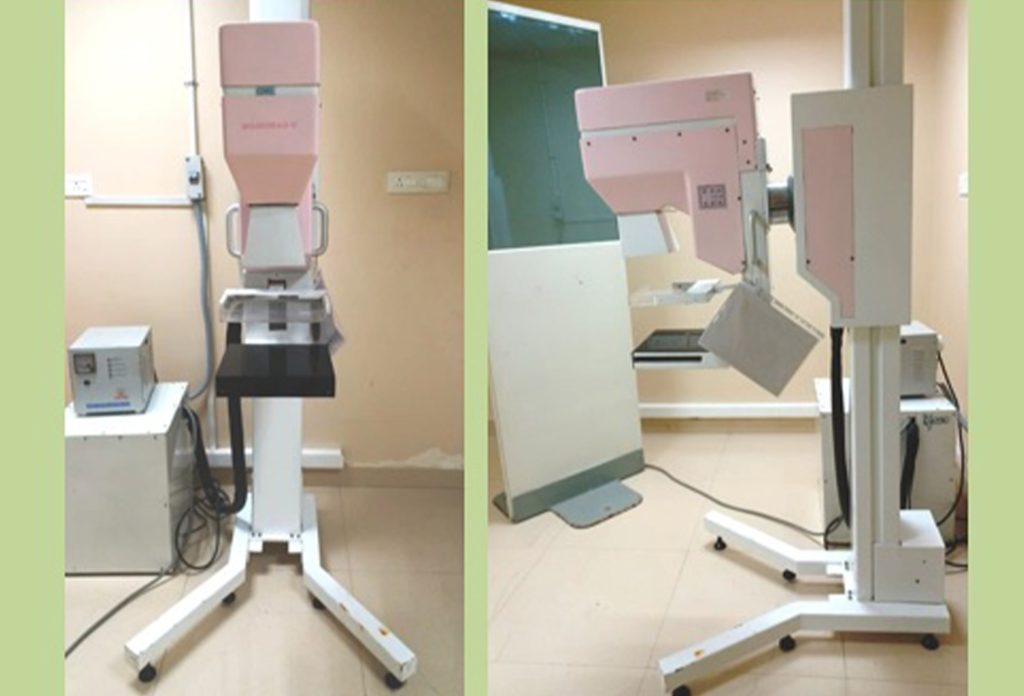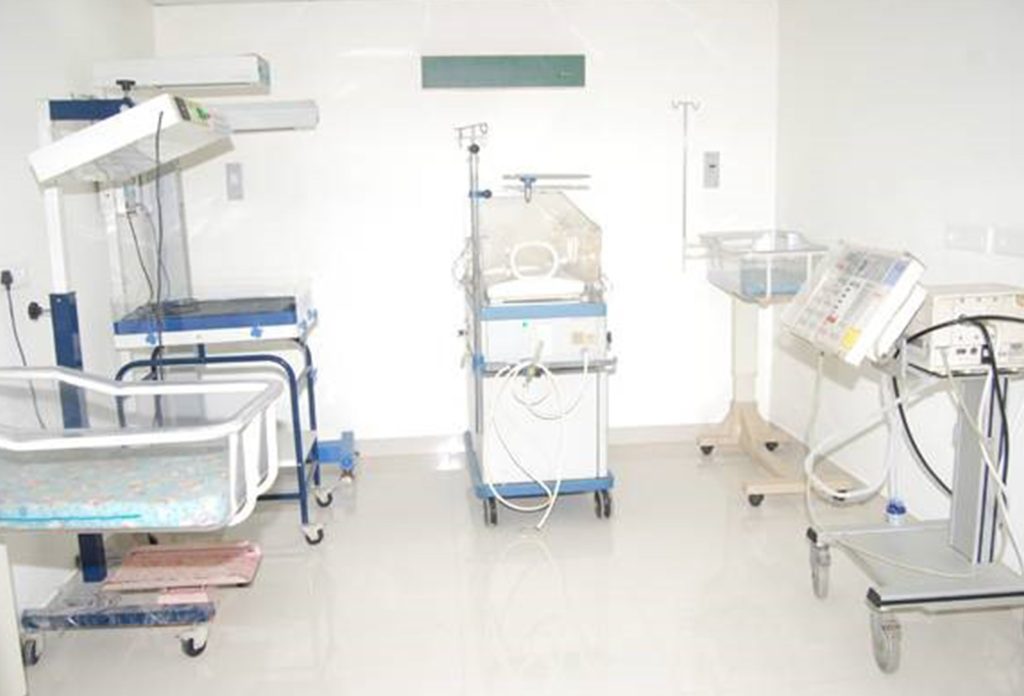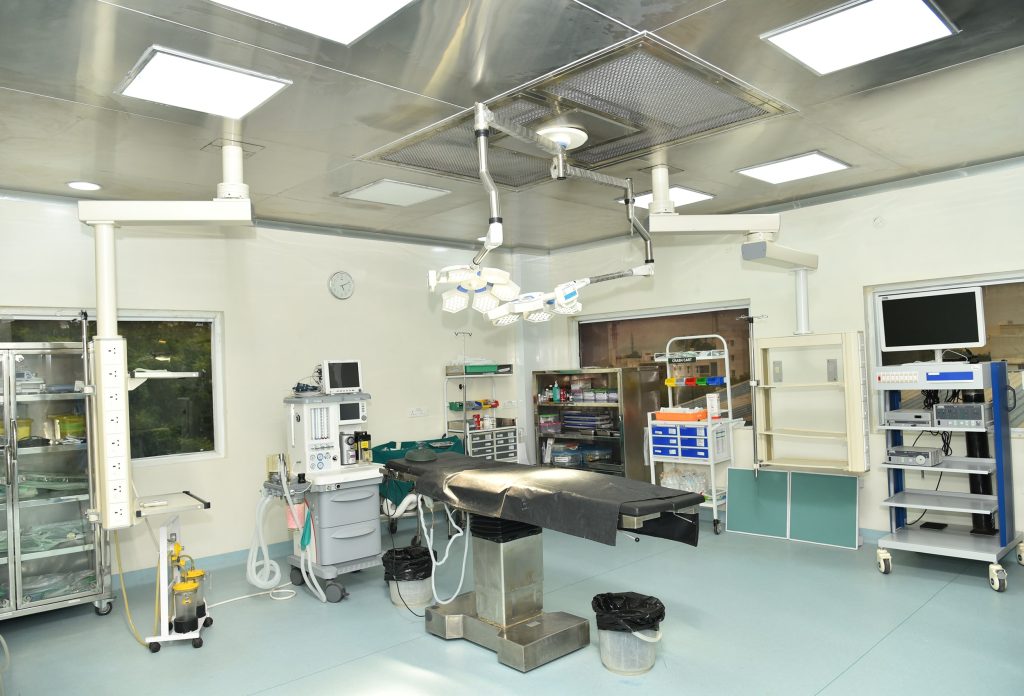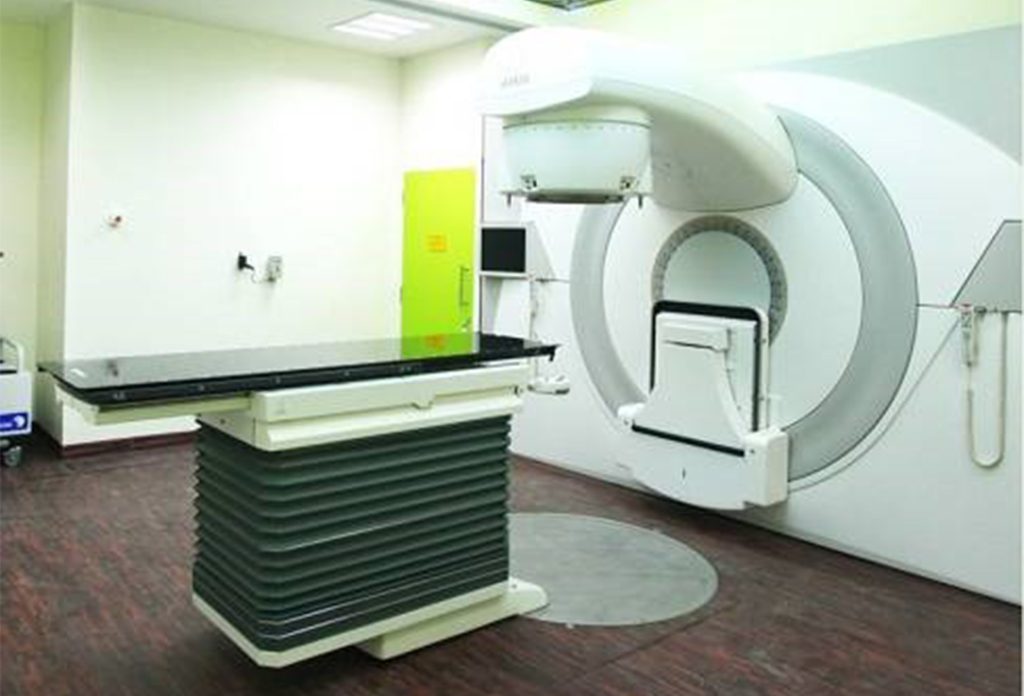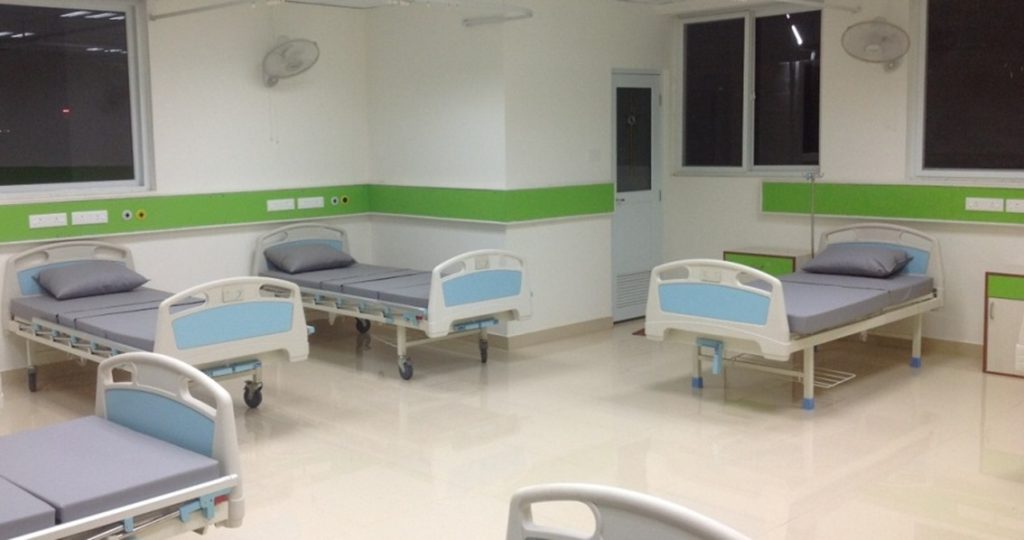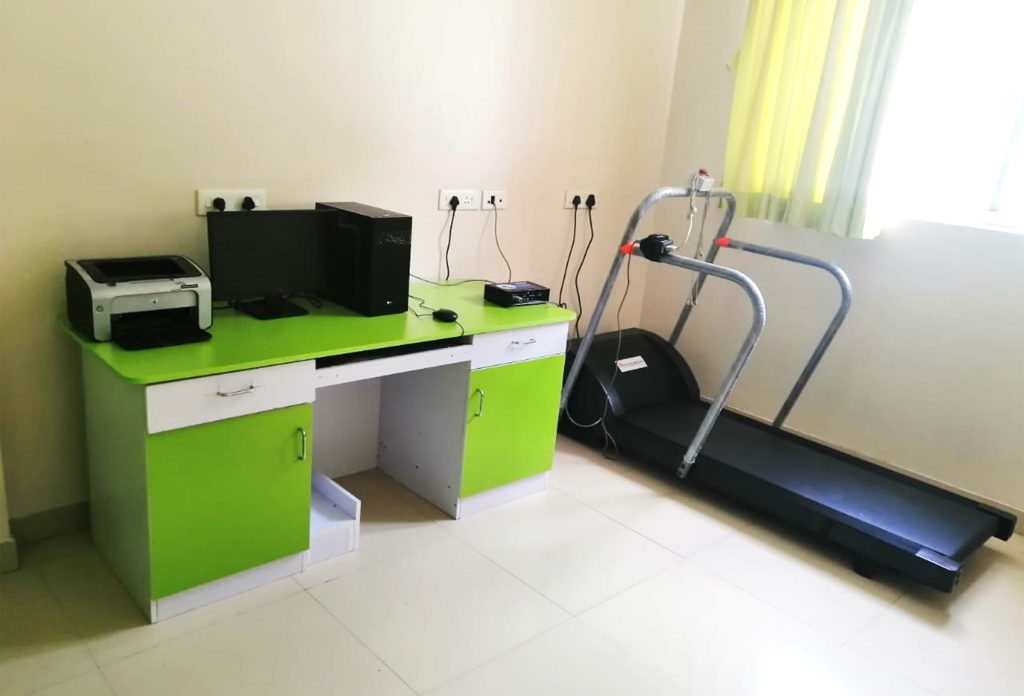Guru hospital is a multi-speciality hospital and located in Madurai
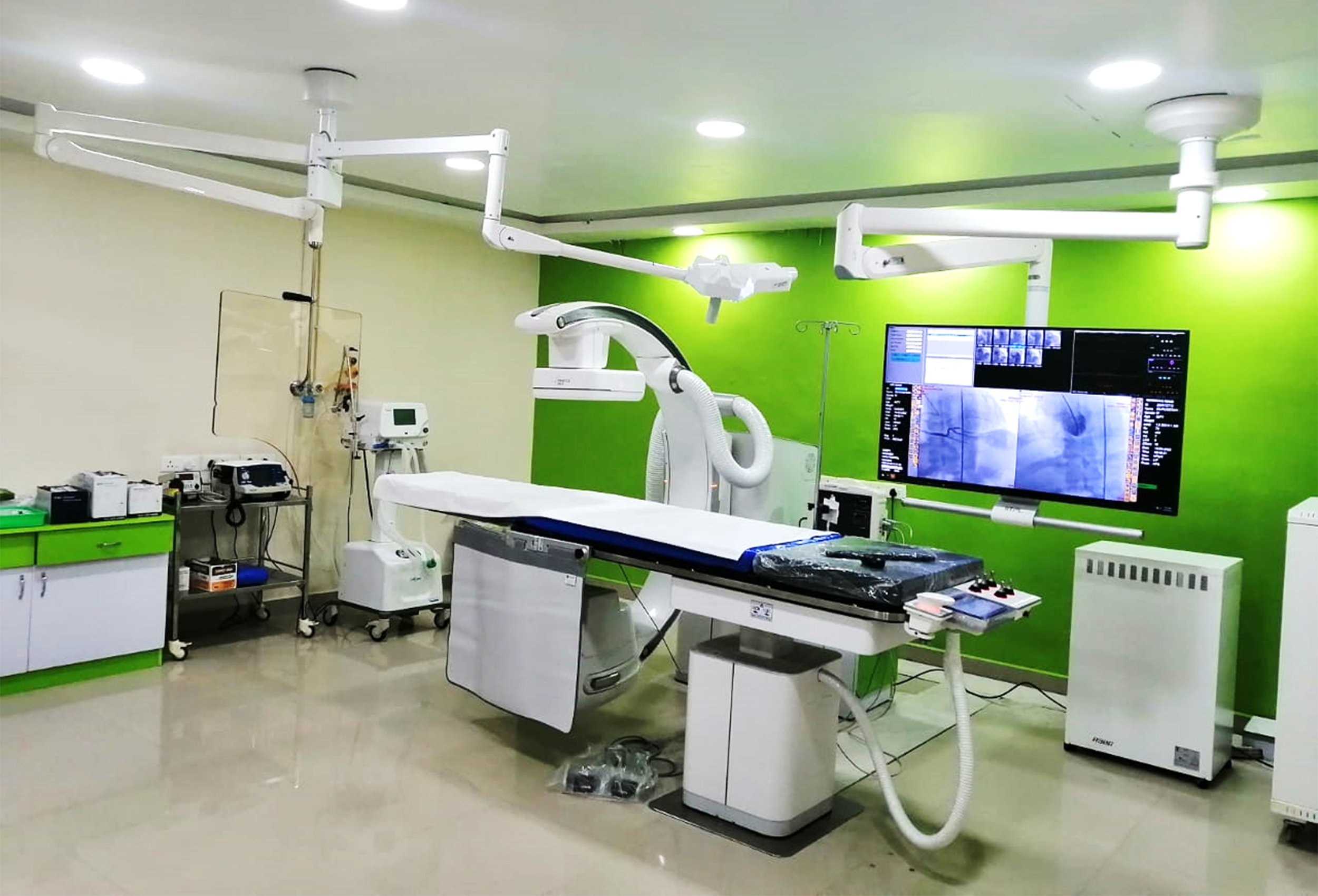
CATH LAB
A Catheterization Laboratory, commonly known as a Cath Lab, is a specialized medical facility equipped with advanced imaging technology for diagnostic and interventional procedures related to the heart and blood vessels. In this high-tech environment, medical professionals, including cardiologists and radiologists, perform catheter-based procedures such as angiograms, angioplasty, and stent placements to diagnose and treat cardiovascular conditions. The Cath Lab plays a crucial role in the comprehensive care of patients with heart-related issues, providing minimally invasive procedures to visualize and address cardiovascular abnormalities.

CT SCAN
A CT scan, or computed tomography scan, is a medical imaging technique that uses X-rays and computer processing to create detailed cross-sectional images of the body. This non-invasive procedure is valuable for diagnosing and evaluating various conditions, allowing healthcare professionals to visualize internal structures with exceptional clarity. CT scans are commonly employed to examine the head, chest, abdomen, and pelvis, providing critical information for the diagnosis and monitoring of injuries, diseases, and abnormalities. The speed and precision of CT imaging make it an essential tool in modern medicine for comprehensive and accurate diagnostic assessments.
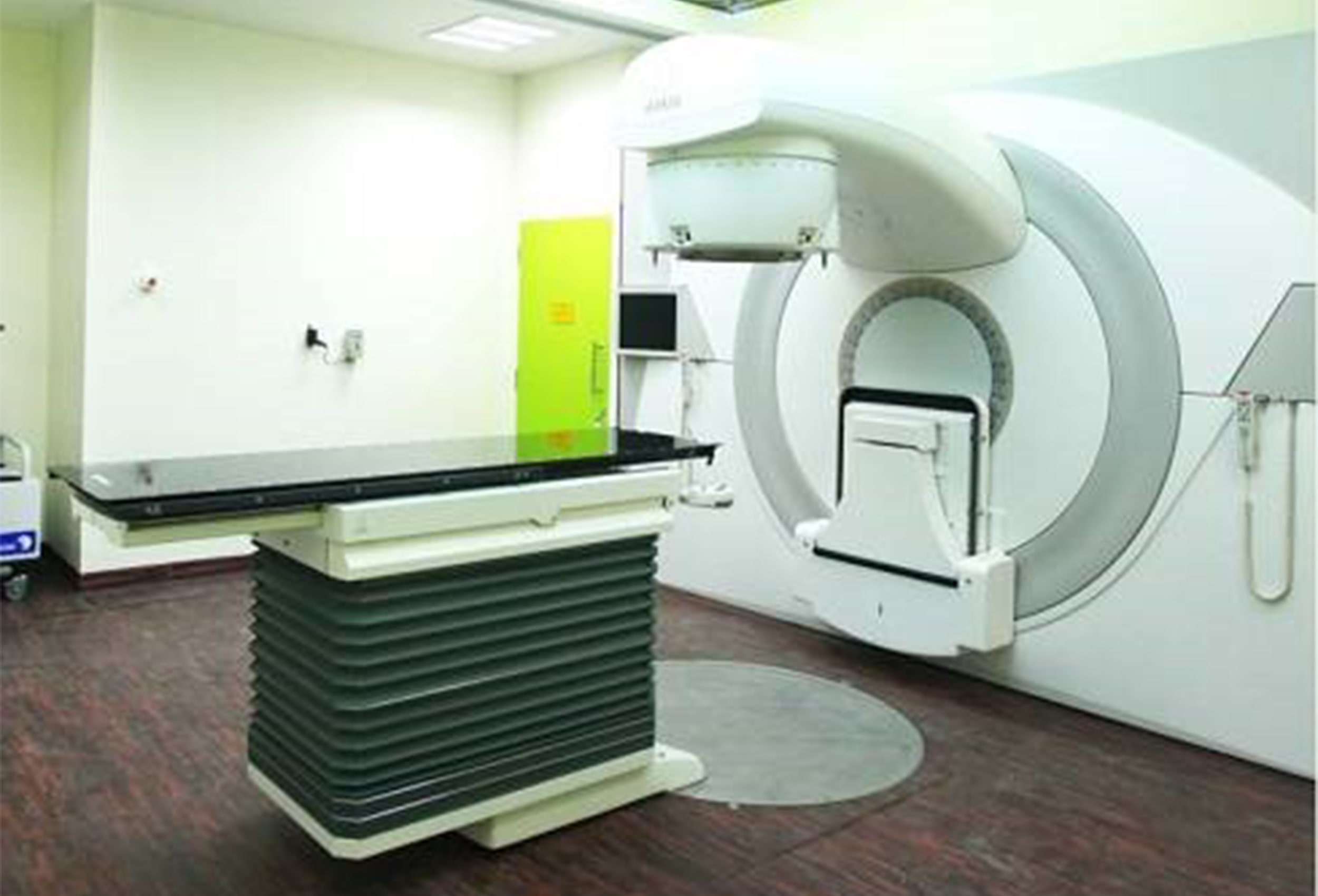
RADIOTHERAPHY
Radiation therapy, or radiotherapy, is a medical treatment that utilizes high doses of targeted radiation to destroy or shrink cancer cells. This non-invasive procedure is often employed as part of a comprehensive cancer treatment plan. During radiotherapy, precise doses of radiation are directed at the cancerous cells, disrupting their ability to grow and divide. The goal is to eradicate or control the cancer while minimizing damage to surrounding healthy tissues. Radiation therapy may be used independently or in combination with surgery, chemotherapy, or other treatments, depending on the type and stage of cancer. This therapeutic approach is carefully planned and administered by a team of skilled healthcare professionals, including radiation oncologists and medical physicists.

IVF
In Vitro Fertilization (IVF) is a fertility treatment that involves the combination of an egg and sperm outside the body in a laboratory dish. This assisted reproductive technology is designed to overcome various fertility challenges, including issues with conception or infertility. In the IVF process, a woman's eggs are retrieved and fertilized with sperm in a controlled environment. The resulting embryos are then cultured and monitored for a few days before one or more are selected for transfer into the woman's uterus. This procedure offers a chance for individuals or couples facing difficulties in achieving pregnancy to increase their likelihood of successful conception. IVF has become a widely used and effective option in reproductive medicine, providing hope for those seeking to build a family.
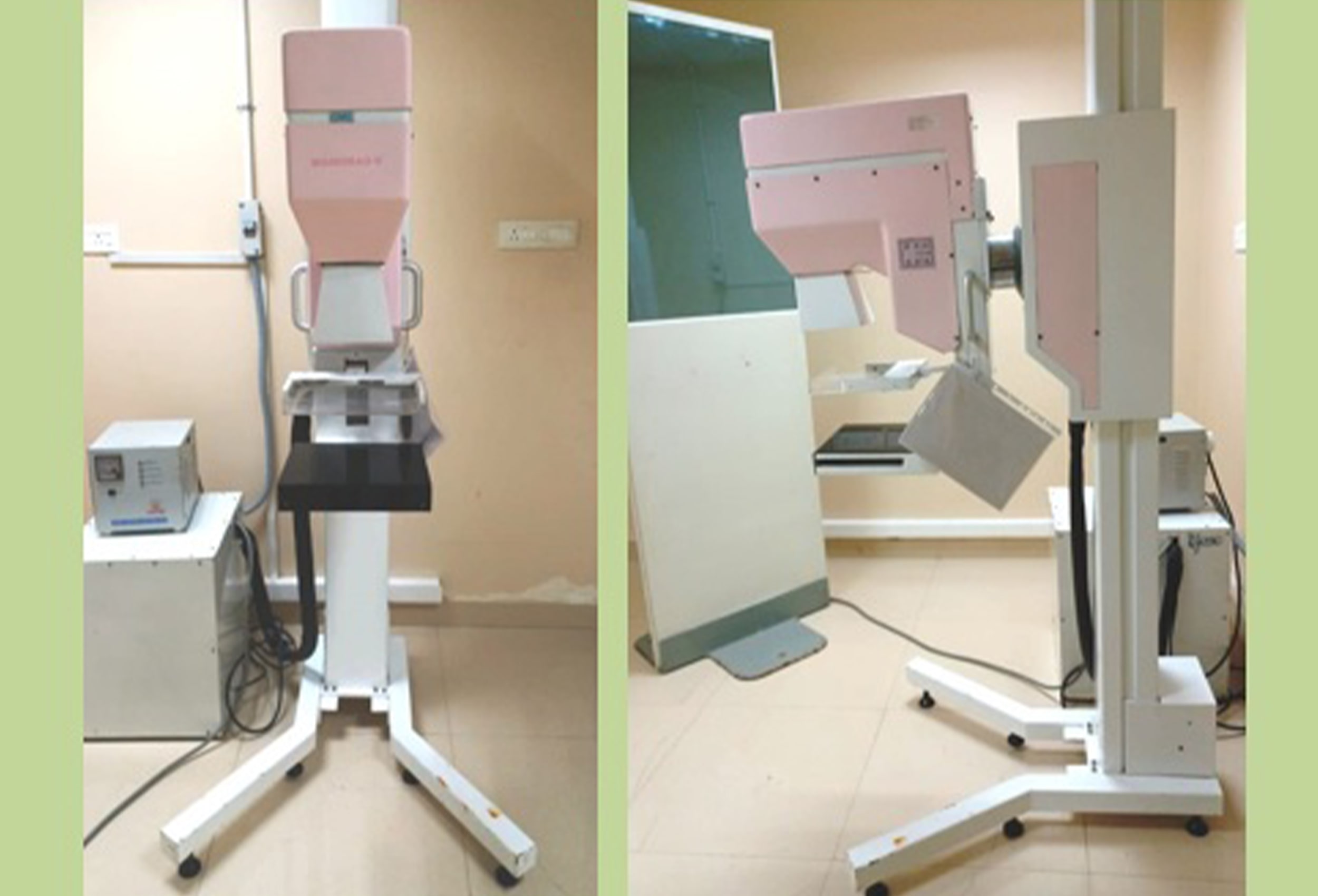
MAMMOGRAM
A mammogram is a specialized medical imaging procedure that uses low-dose X-rays to create detailed images of the breast tissue. It plays a crucial role in breast cancer screening and early detection by identifying abnormalities such as tumors or cysts. Mammograms are a key tool in women's healthcare, helping to detect potential issues in the breast tissue before symptoms arise, enabling prompt medical intervention and improving the chances of successful treatment. Regular mammograms are recommended for women as part of routine breast health maintenance, particularly for those over the age of 40 or with specific risk factors.
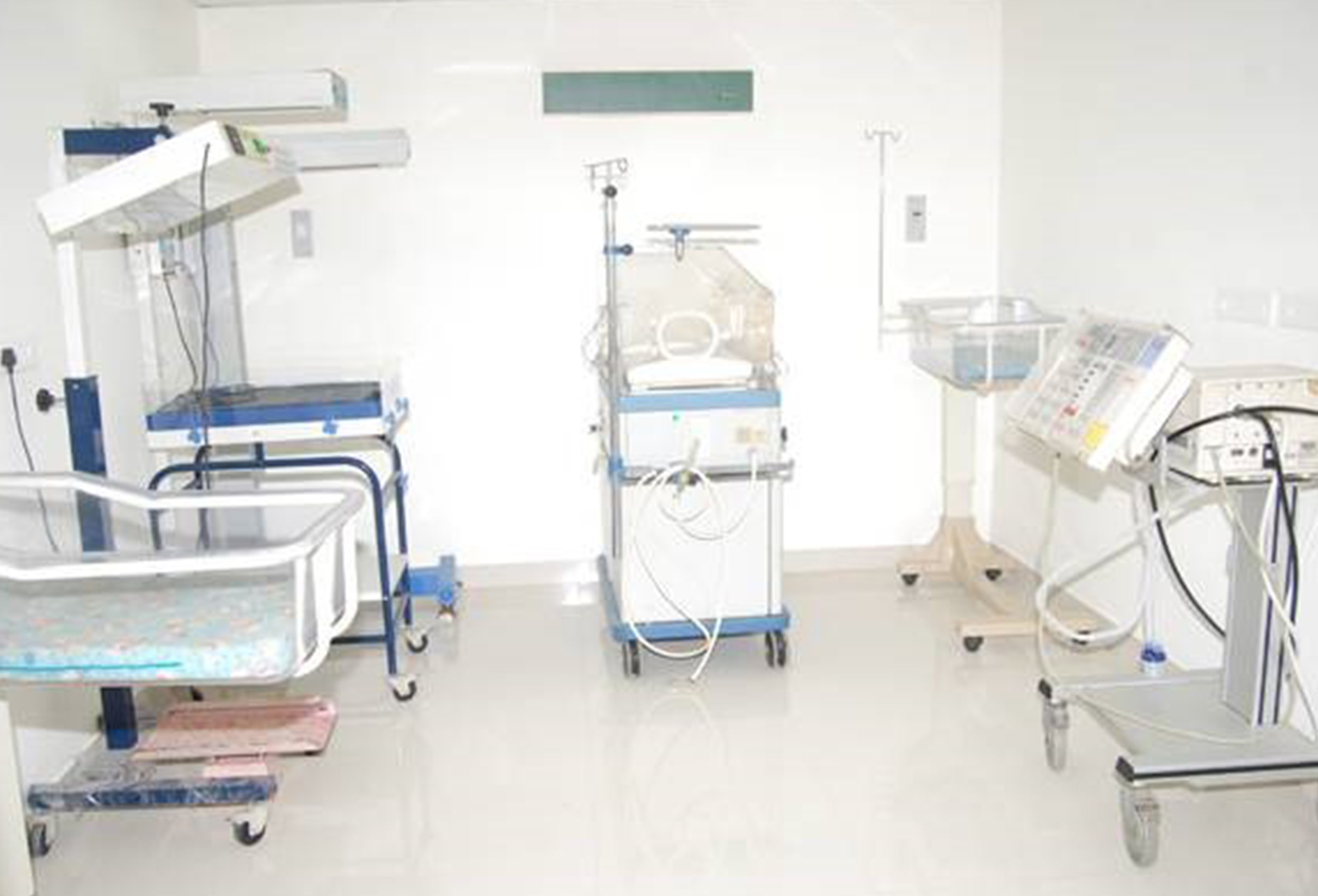
NICU
The Neonatal Intensive Care Unit (NICU) is a specialized medical facility designed to provide intensive care for newborns, especially those born prematurely or with medical conditions requiring close monitoring and specialized treatment. In the NICU, a dedicated team of healthcare professionals, including neonatologists, nurses, and other specialists, work to address the unique needs of fragile infants. Equipped with advanced medical technology, the NICU offers a controlled environment to support the development and well-being of premature or critically ill newborns, ensuring they receive the specialized care necessary for a healthy start in life.
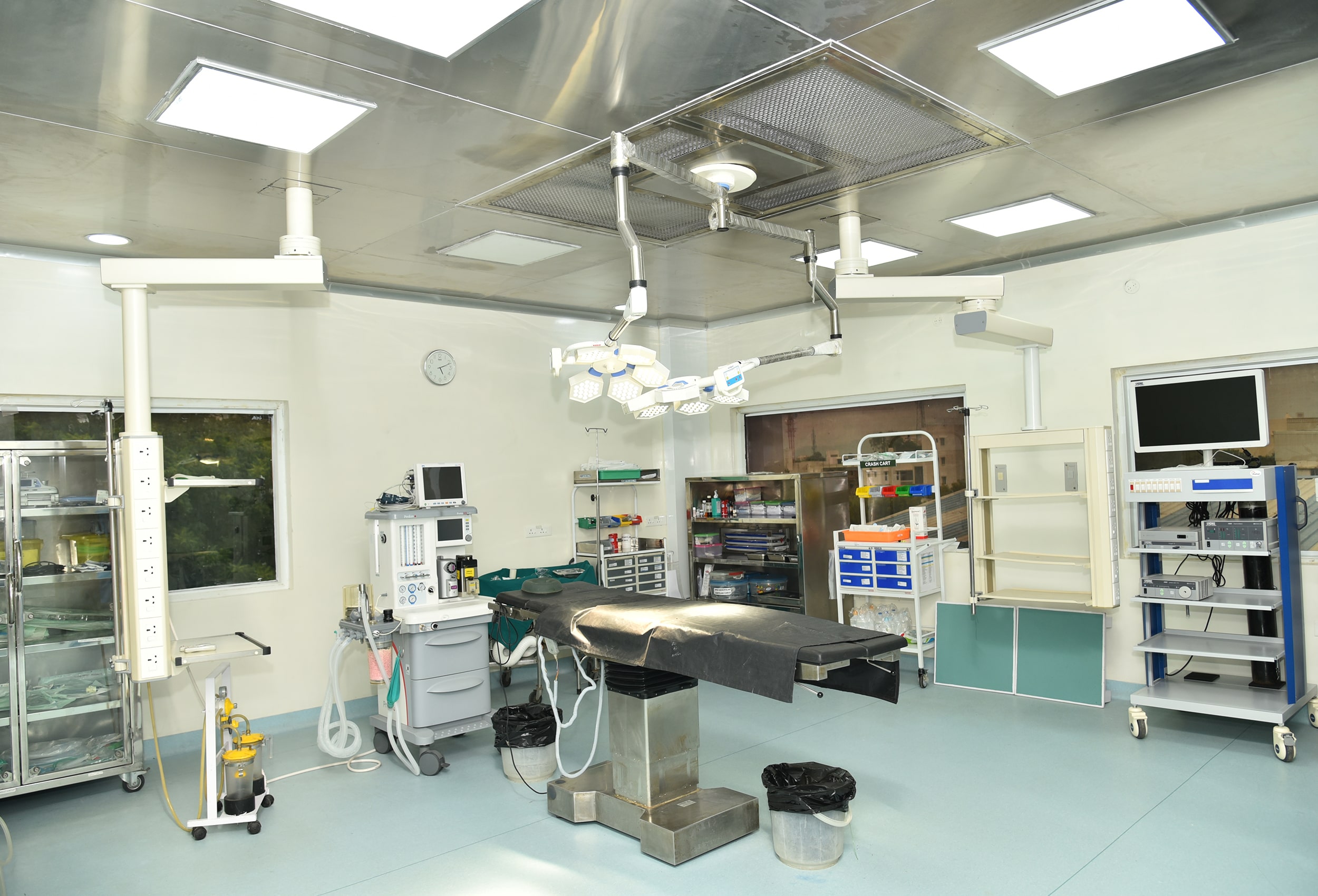
OPERATION THEATRE
An Operation Theatre (OT), also known as an operating room, is a sterile and controlled environment within a healthcare facility where surgical procedures are performed. It is equipped with specialized surgical instruments, monitoring devices, and advanced technology to ensure aseptic conditions and optimal patient care during surgeries. The OT is staffed by a skilled surgical team, including surgeons, anesthesiologists, nurses, and other healthcare professionals, who work collaboratively to carry out a wide range of medical procedures. The controlled environment of the OT is essential for minimizing the risk of infections and ensuring the safety and success of surgical interventions.
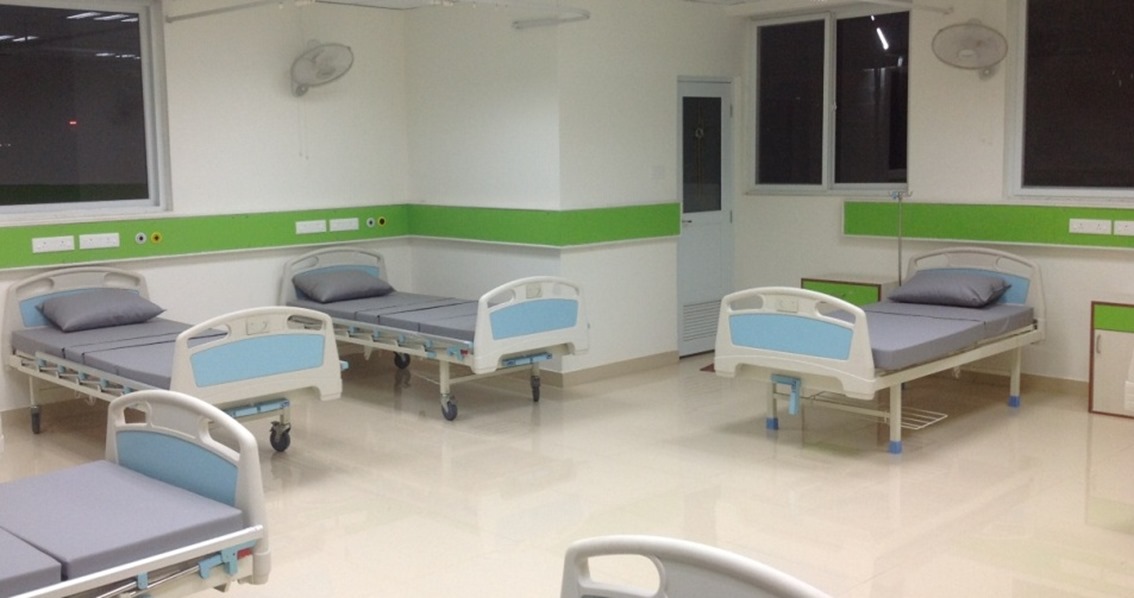
ICU
The Intensive Care Unit (ICU) is a specialized medical facility within a hospital that provides critical care and constant monitoring for patients with severe or life-threatening illnesses or injuries. Staffed by a highly skilled team of healthcare professionals, including intensivists, nurses, and respiratory therapists, the ICU is equipped with advanced monitoring equipment and life support systems. It serves as a vital resource for patients requiring close attention, such as those recovering from major surgeries, experiencing organ failure, or facing critical medical conditions. The ICU plays a crucial role in stabilizing and supporting patients during their most vulnerable moments, with the goal of facilitating recovery and improving overall outcomes.
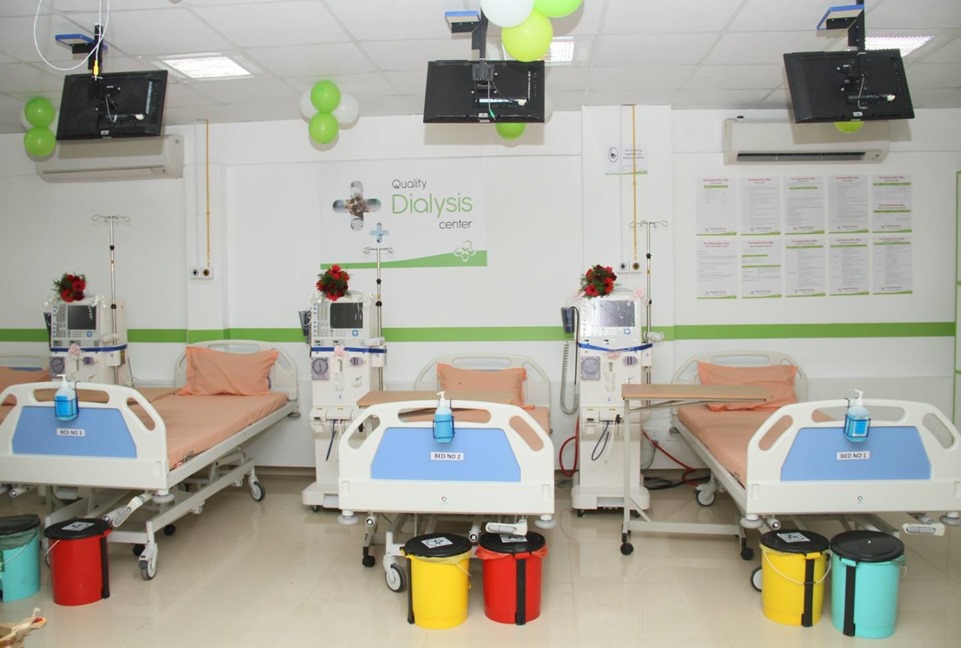
DIALYSIS
Dialysis is a medical procedure designed to perform the functions of the kidneys in individuals with kidney failure or impaired kidney function. It involves the removal of waste products, excess fluids, and electrolytes from the blood using a dialysis machine. This life-sustaining treatment is crucial for maintaining a balance of essential substances in the body, such as electrolytes and fluid levels. Dialysis is typically recommended for individuals with end-stage renal disease or acute kidney injury, providing a vital means of support until a kidney transplant becomes available or the kidneys regain function. The process can be performed at specialized dialysis centers or, in some cases, at home under the guidance of trained healthcare professionals.
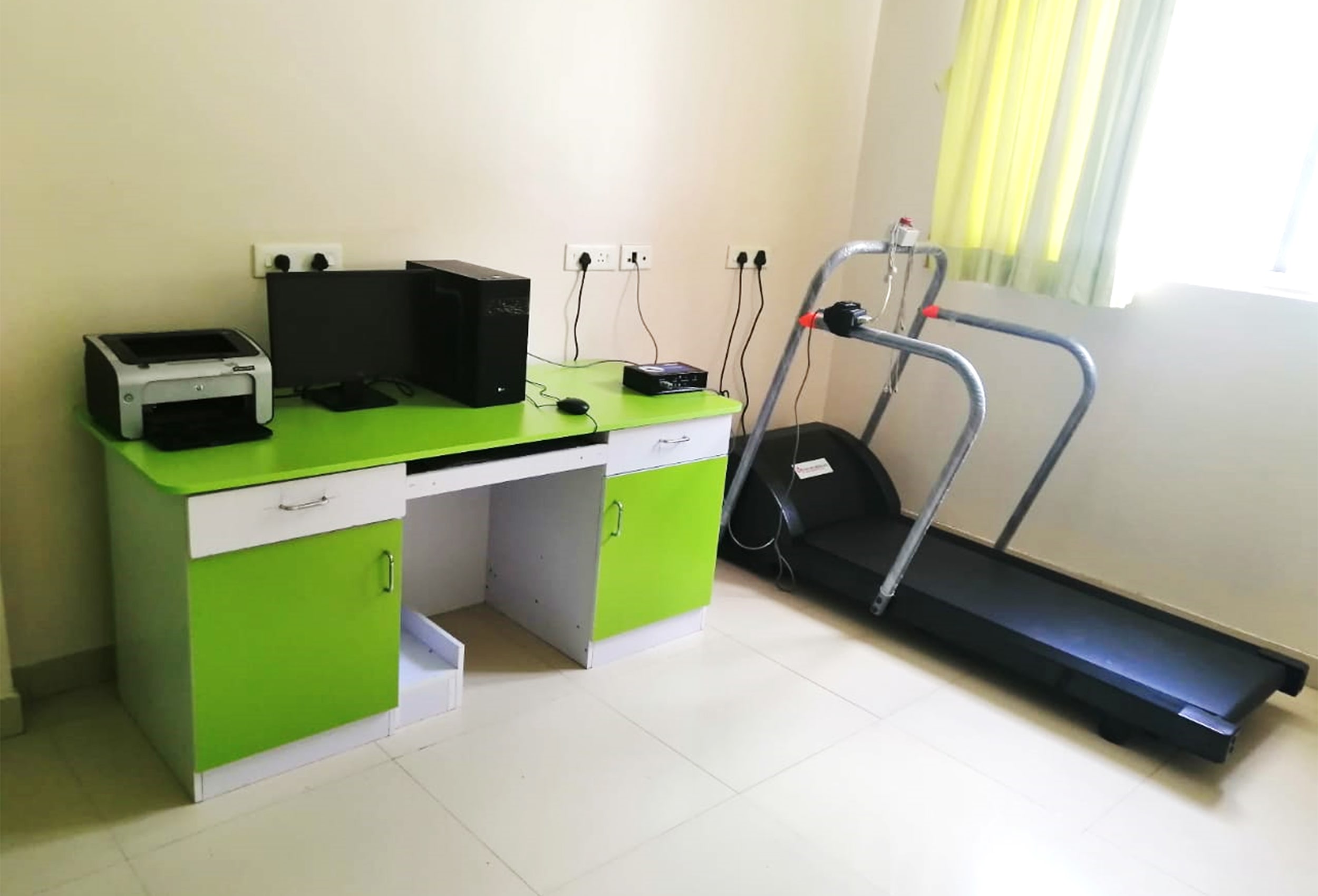
TREADMILL
A treadmill is a specialized exercise equipment designed for diagnostic and therapeutic purposes in the healthcare setting. It is equipped with features that allow healthcare professionals to monitor a patient's cardiovascular function, such as heart rate, blood pressure, and electrocardiogram (ECG) readings, while the patient engages in controlled physical activity. Medical treadmills are commonly used in stress testing to assess cardiac function, evaluate exercise tolerance, and identify cardiovascular conditions. The controlled and monitored environment of a medical treadmill ensures the safety and accuracy of the diagnostic process, making it a valuable tool in cardiovascular assessments within the medical field.
- All
- Infrastructure
- Facilities













